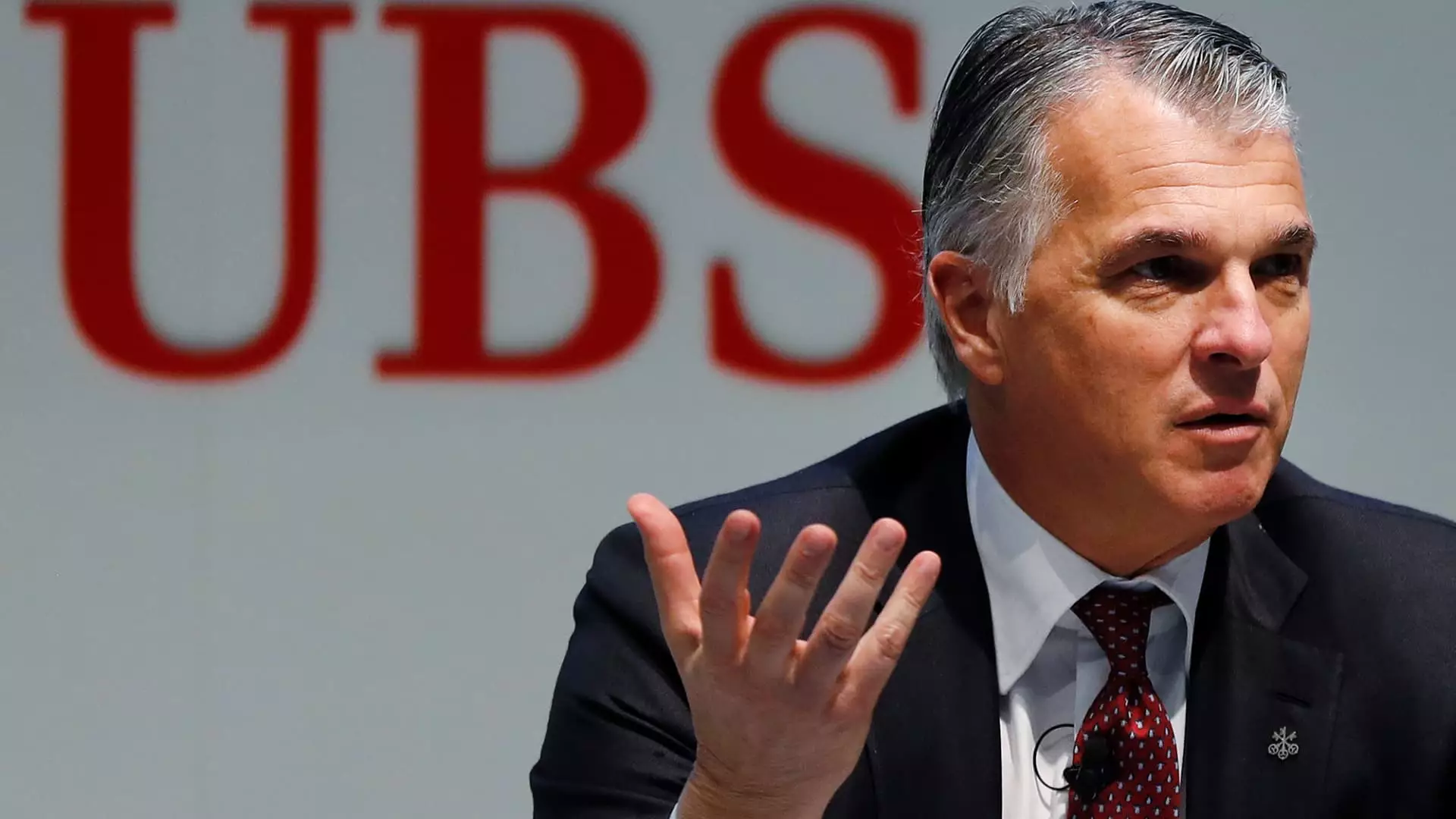UBS CEO Sergio Ermotti recently expressed his concerns about potential increased market volatility in the second half of the year. While he does not foresee a recession in the United States, he believes that a slowdown is a real possibility. This comes in the wake of sharp sell-offs in global equities last week, triggered by weak economic data from the U.S. that fueled fears of an impending economic downturn. The uncertainty surrounding the U.S. economy has also raised questions about the Federal Reserve’s monetary policy stance, with investors wondering if a less hawkish approach is needed.
UBS Outlook on the U.S. Economy
Ermotti emphasized that the current macroeconomic indicators are not definitive enough to predict a recession with certainty. However, he acknowledged the possibility of a slowdown and highlighted the Federal Reserve’s capacity to intervene and support the economy if needed. UBS anticipates that the Fed will cut rates by at least 50 basis points by the end of the year. Market expectations are divided between a 25 and 50 basis point cut at the upcoming Fed meeting in September, reflecting the uncertainty and speculation surrounding the central bank’s decisions.
Factors Contributing to Market Volatility
Ermotti pointed out that several factors, including the upcoming U.S. presidential election in November and broader geopolitical and macroeconomic issues, are likely to contribute to increased market volatility. He characterized the recent market fluctuations as a sign of the underlying fragility within the system, hinting at potential challenges ahead. Moreover, the uncertainty surrounding monetary policy decisions by central banks, particularly the need for more aggressive rate cuts to address economic slowdowns, adds to the prevailing sense of instability.
The actions taken by central banks around the world further underscore the concerns about economic conditions. In Switzerland, where UBS is based, the central bank has already implemented two rate cuts this year. Similarly, the European Central Bank and the Bank of England have each announced a rate cut, reflecting a global trend towards easing monetary policy. The collective efforts of central banks to stimulate growth and combat potential economic downturns are indicative of the challenging times ahead.
From the perspective of UBS, the heightened market volatility may not necessarily be negative. Bruno Verstraete, founder of Lakefield Wealth Management, suggested that increased volatility could lead to higher trading income for UBS. This shift towards a more normal regime of market volatility, following a period of relative calm, presents both opportunities and risks for financial institutions. Adapting to the evolving economic landscape and navigating through uncertain times will undoubtedly test the resilience and adaptability of market participants.
The global economy faces a complex and challenging environment marked by uncertainty and volatility. The insights provided by UBS CEO Sergio Ermotti offer a glimpse into the expectations and concerns of key stakeholders in the financial industry. As the world grapples with economic headwinds and geopolitical tensions, the ability to anticipate and respond effectively to emerging risks and opportunities will be crucial for shaping the future of the global economy. The coming months are likely to test the resilience and agility of market participants as they navigate through uncharted waters.

Leave a Reply